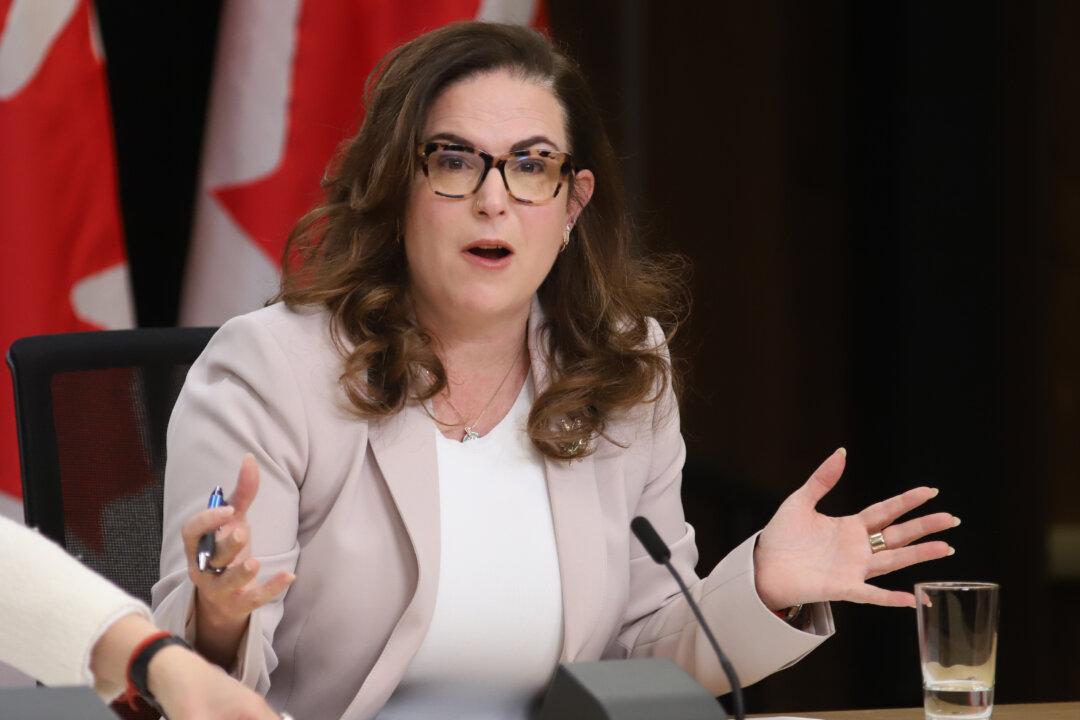The Liberal government has accepted British Columbia’s request to scale back its drug decriminalization pilot program, which goes into effect immediately.
“We have granted B.C.’s request for an amendment to their proposal. We have said yes,” Mental Health and Addictions Minister Ya'ara Saks told reporters on May 7.





